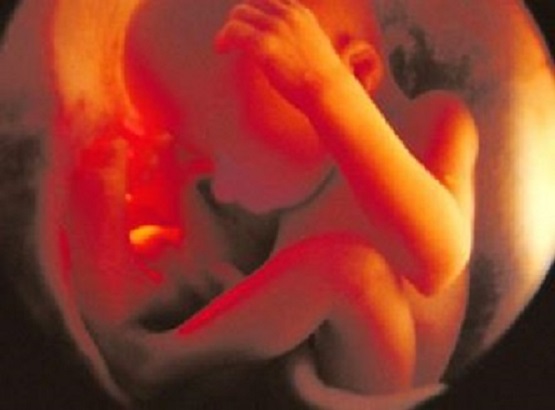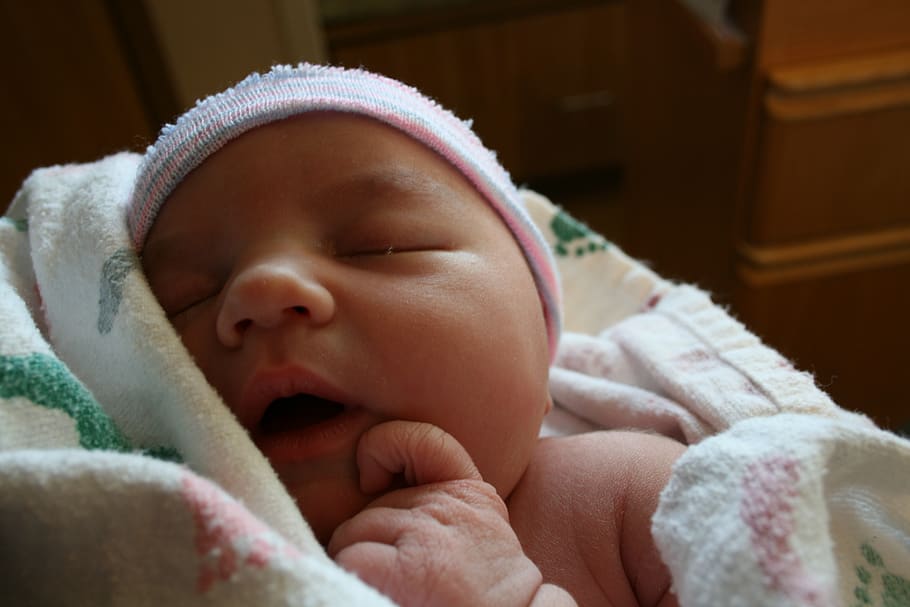LifeNews: Ohio House Passes Bill to Ban All Abortions After an Unborn Baby’s Heartbeat Begins

John Zmirak: The U.S. Catholic Bishops “Don’t Wanna Go to Rehab.”
November 16, 2018
The Saints On Purgatory & Hope in the Afterlife
November 16, 2018
By Micaiah Bilger, LifeNews, November 15, 2018
Ohio House lawmakers passed a bill Thursday that would prohibit abortions after an unborn baby has a detectable heartbeat.
State House Bill 258 passed in a 58-35 vote and now moves to the state Senate for consideration.
The controversial legislation would ban most abortions in Ohio if it becomes law. An unborn baby’s heart begins beating around six weeks, though new research suggests it may begin as early as 18 days after conception. The bill also would allow abortion practitioners to be charged with a felony for aborting unborn babies whose hearts are beating.
Ohio lawmakers passed a similar bill in 2016, but Gov. John Kasich vetoed it, fearing an almost certain legal challenge.
The Cincinnati Enquirer reports lawmakers discussed a potential veto again during a sometimes heated debate Thursday.
“The point is: it’s time. It doesn’t matter if the governor is with us or against us,” said state Rep. Christina Hagan, who is a sponsor of the bill, a pro-life Republican and mother of infant twins. “Motherhood isn’t easy but it’s necessary.”
Many others who spoke out in favor of the legislation also were pro-life female lawmakers. According to the report:
“(Abortion) is not a constitutional right,” said Rep. Candice Keller, R-Middletown, despite the U.S. Supreme Court ruling. “If you don’t know that, you need to read the Constitution.”
Rep. Kristina Roegner, R-Hudson, said abortion is murder and Ohio lawmakers have the responsibility to label it as such.
“Today, let us stand up for the most innocent among us: the unborn,” Roegner said.




